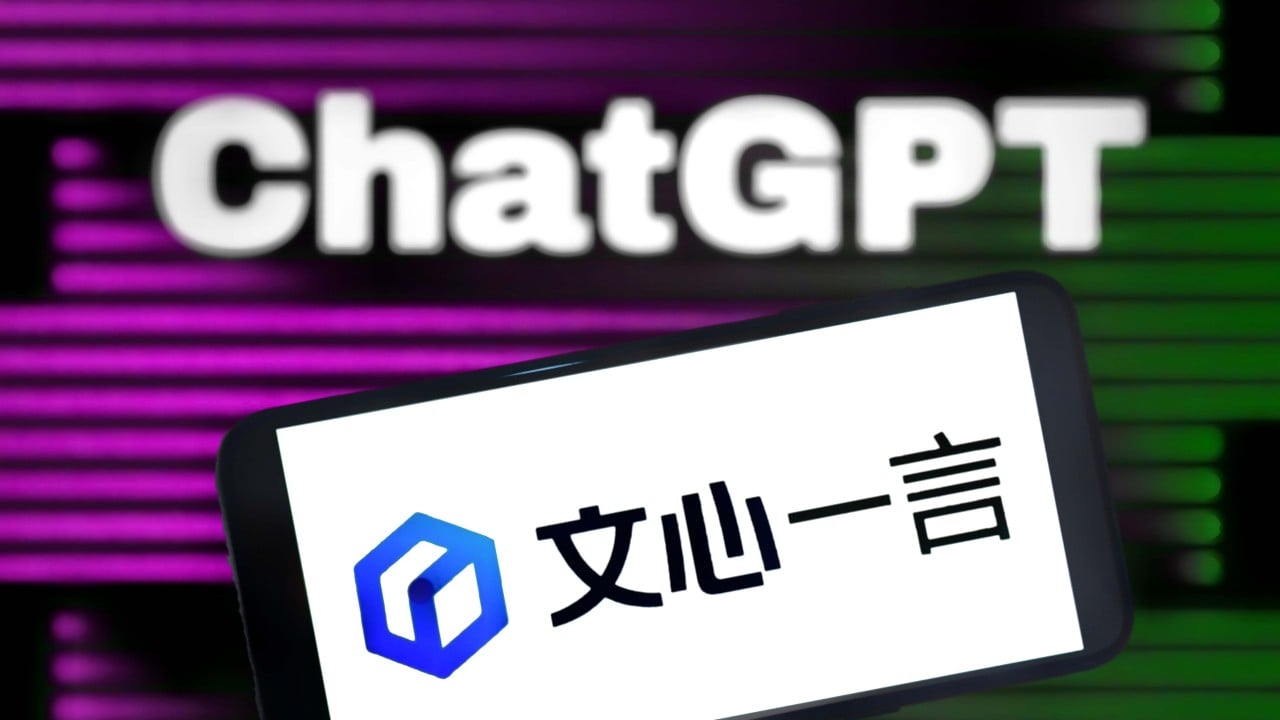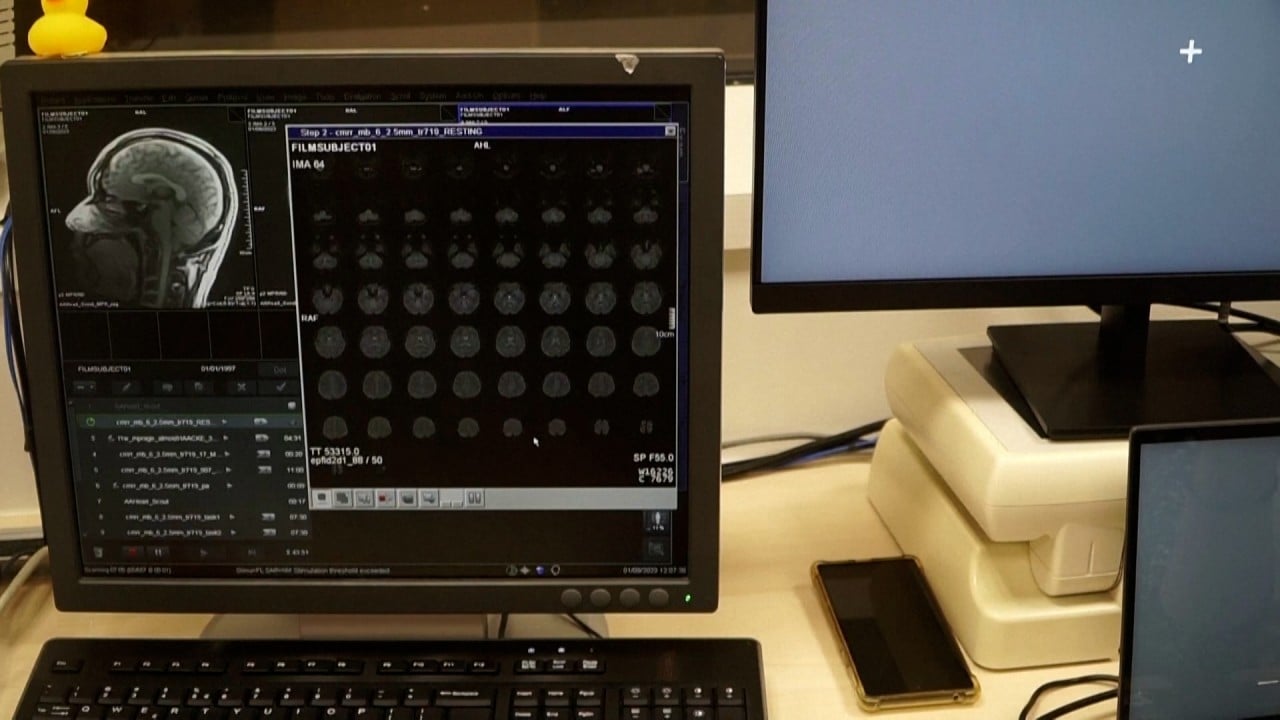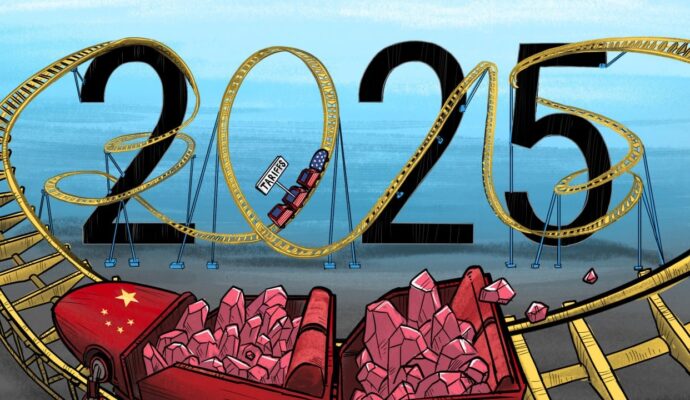The rules apply to individual researchers and institutions, including universities and medical and health centres.
The guidelines set out a general framework for the use of AI, but do not provide detailed rules for specific situations.
One of the main concerns is the use of AI-generated content, which cannot be listed as a co-author under the new rules.
Some scientists have also listed AI tools such as ChatGPT as co-authors – a practice many journals have already stopped.
However, this has prompted discussions about whether AI should be credited if it discovers new materials or drugs – and even a broader philosophical debate about whether it should be considered equal to humans in the pursuit of knowledge.
ChatGPT-aided ransomware in China results in four arrests
ChatGPT-aided ransomware in China results in four arrests
Under the guidelines, generative AI can still be used in research, but any content or findings that use the technology must be clearly labelled as such.
Wen Shaoqing, an associate professor at Fudan University in Shanghai, said the effect of the regulations was likely to be “limited”, at least in his field of scientific archaeology, because generative AI “tends to produce poor-quality project application proposals” and few people will use it.
A biologist from the Chinese Academy of Sciences, who asked not to be named, also said she never uses AI to help her write proposals because these language models produce “beautiful but essentially meaningless words”.
However, another researcher from the Chinese Academy of Social Sciences said the widespread use of generative AI “is an irreversible trend” and it is unrealistic and unreasonable to ban it across the board.
The scientist, who also spoke on condition of anonymity, said researchers will continue to use it in research and grant applications if they think it will help them and it is more important to figure out “how to allow researchers to use it in an appropriate way and to … keep up with international trends”.
The rapid development of AI technology has “promoted profound changes in scientific research paradigms”, according to a document from the science ministry explaining the new rules.
However, it continued that the guidelines were needed because the technology has created problems around authorship, intellectual property and data processing.
According to the ministry, the guidelines draw on “useful foreign experiences and reflect international practices.”
It said the guidelines were based on a “broad consensus” in scientific circles, and will be updated and adjusted based on further technological developments.
Regulating the use of AI became a major focus for Beijing last year, both domestically and internationally.
Beijing launches AI platform to meet country’s rising demand for computing power
Beijing launches AI platform to meet country’s rising demand for computing power
In April a meeting of the Politburo said it attached “great importance” to developing AI but highlighted the importance of risk prevention.
These measures do not apply to scientific research institutes as long as they do not provide generative AI services to the Chinese public, according to the Cyberspace Administration of China.
China’s new scientific guidelines expand upon the interim measures. Apart from the ban on the direct use of AI when writing applications, the rules also say that AI-generated content and results must be labelled within the text “especially when it involves key content such as facts and opinions”.
AI-generated content should also be identified in the footnotes, methods section or appendices of research papers, along with explanations of how it was created and what software was used.
Any content that is marked as being generated by AI should not be treated as original literature, and if other authors want to cite this content “an explanation should be given”, the guidelines say.
They also state that any references generated by AI cannot be used unless they are verified first. A library guide from University College London has previously warned that generative AI may fabricate references and quotes.
A scientist from the Chinese Academy of Sciences working in organic chemistry said restrictions on AI-generated content are necessary because many graduate students now use it to write their theses, and he fears “it will ruin these students”.
The scientist, who asked not to be named, believes that such tools can make students lazier and makes it harder for them to develop original thinking skills.



